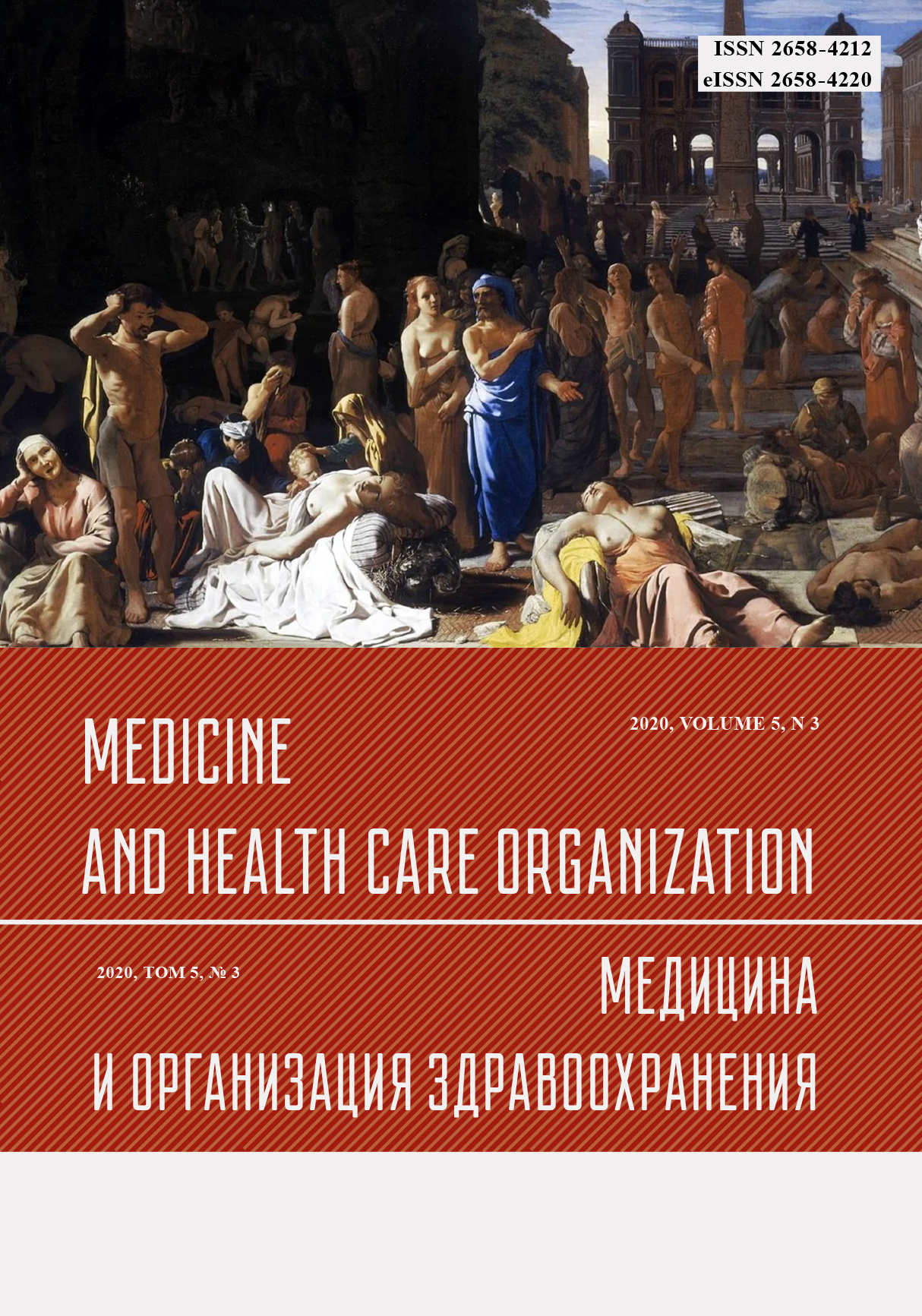VARIETY OF FORMS OF REACTION OF HEALTH CARE SYSTEMS OF PARTICULAR COUNTRIES TO THE PREDICTED COVID-19 PANDEMIC
Abstract
The pandemic of COVID-19 was predicted by large international funds and the number of different organizations, however the world was not prepared for fast spread of a dangerous infection. The countries which are successfully combining the market and social mechanisms of development having a strict vertical of the government power more effectively operated upon emergency situation, than the countries with economics developed only at the expense of the market relations. The pandemic of COVID-19 led to formation in Russian Federation a uniformed state system of its elimination, and priorities of reduction the infrastructure of health care system are replaced by priorities on ensuring its resistance to emergency situations and mobilization readiness. At peak of a pandemic was achieved the quantity of beds for treatment of infectious patients in Russia increased threefold and reached 1,3 beds for 1000 of the population. Nearly 150 billion rubles (about 2 billion dollars) were allocated in total from the federal budget to fight against the infection. Thanks to the specified measures and also as a result of additional equipment of bed capacities, health care system succeeded to avoid catastrophic consequences of a pandemic for life and health of the population which other countries, such as, for example, the USA faced. The pandemic of COVID-19 accelerated the fourth industrial revolution directed to association of the virtual (digital) world with physical, considerably changing relations between human being and car. Mass introduction of wireless medical technologies and mobile medical devices, the personalized electronic medical records and artificial intelligence in medicine become the most important part of the strategy of development of health care and can bring in the medium term to serious transformation of preventive and medical and diagnostic process.



